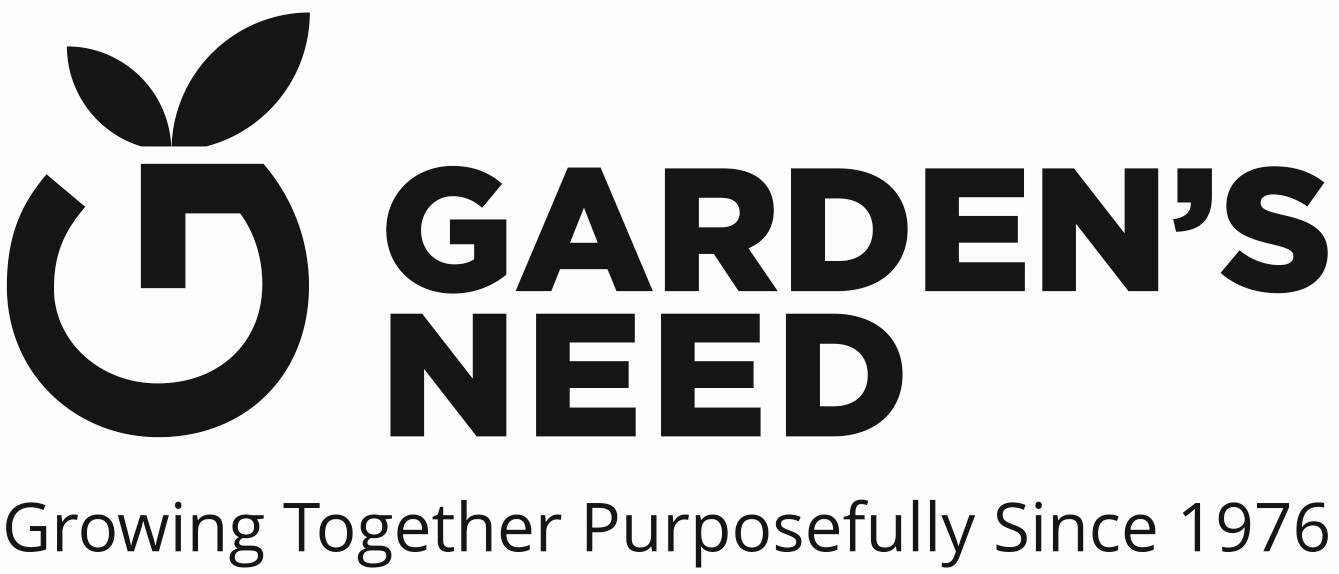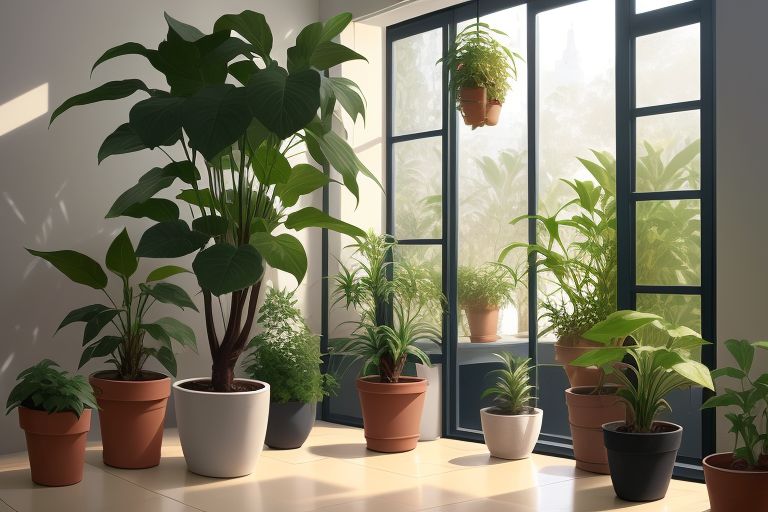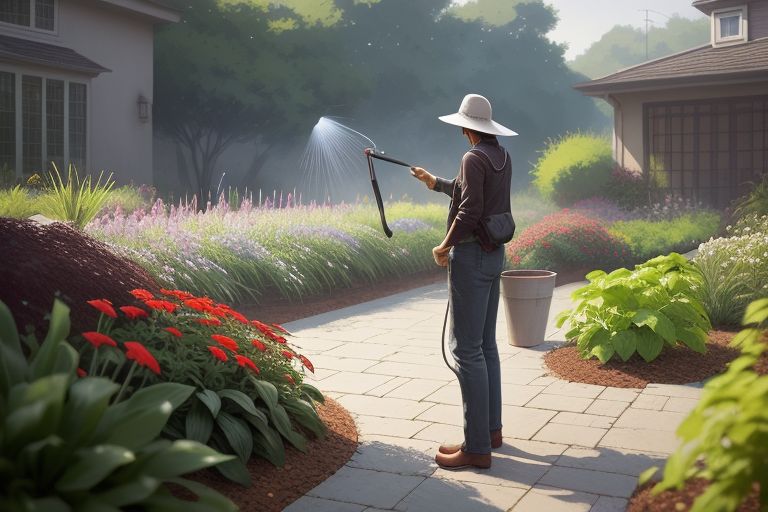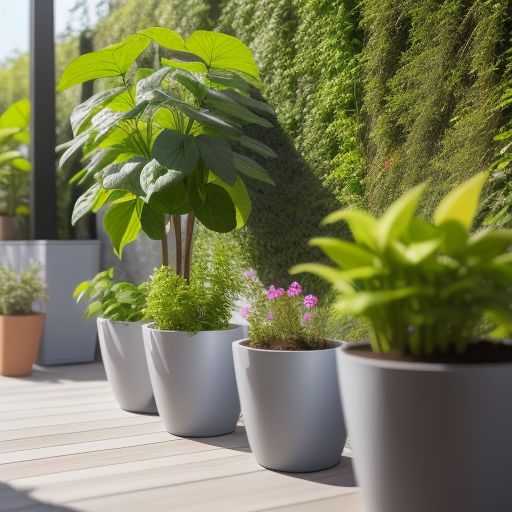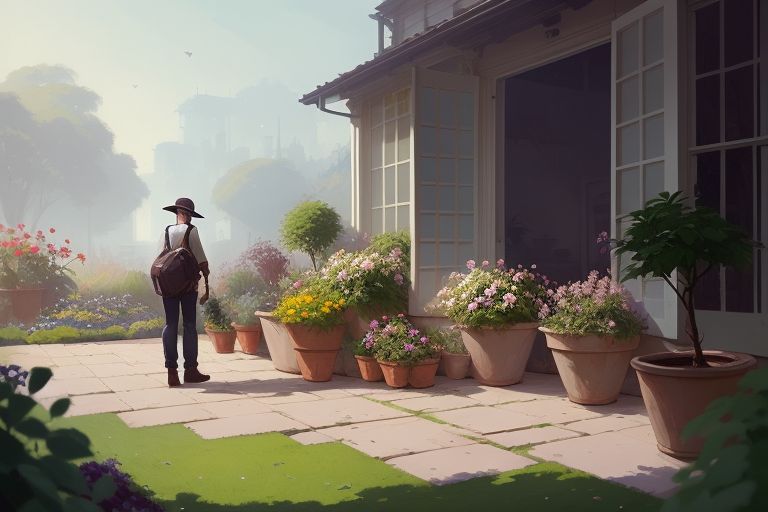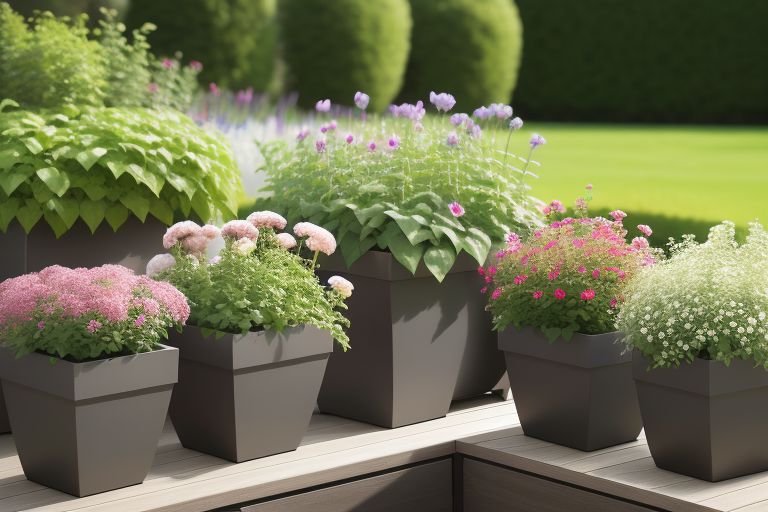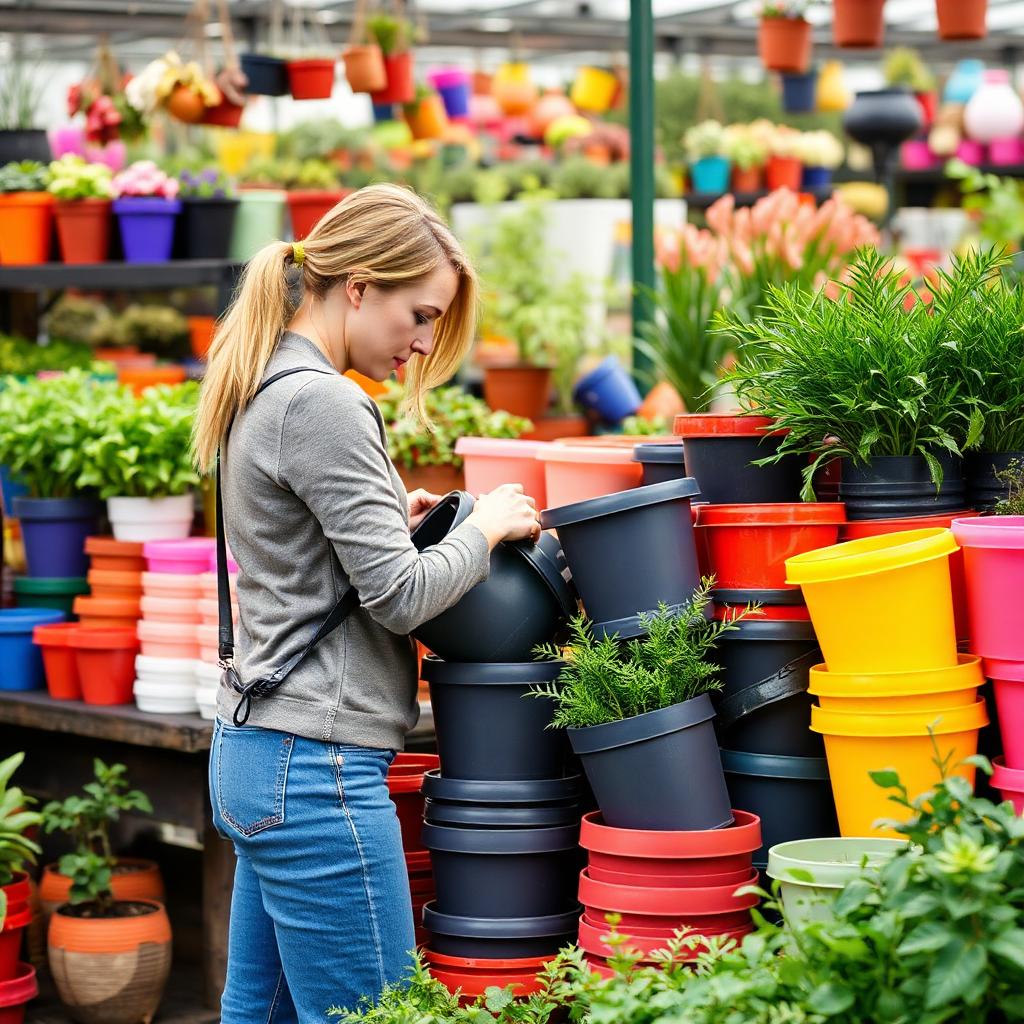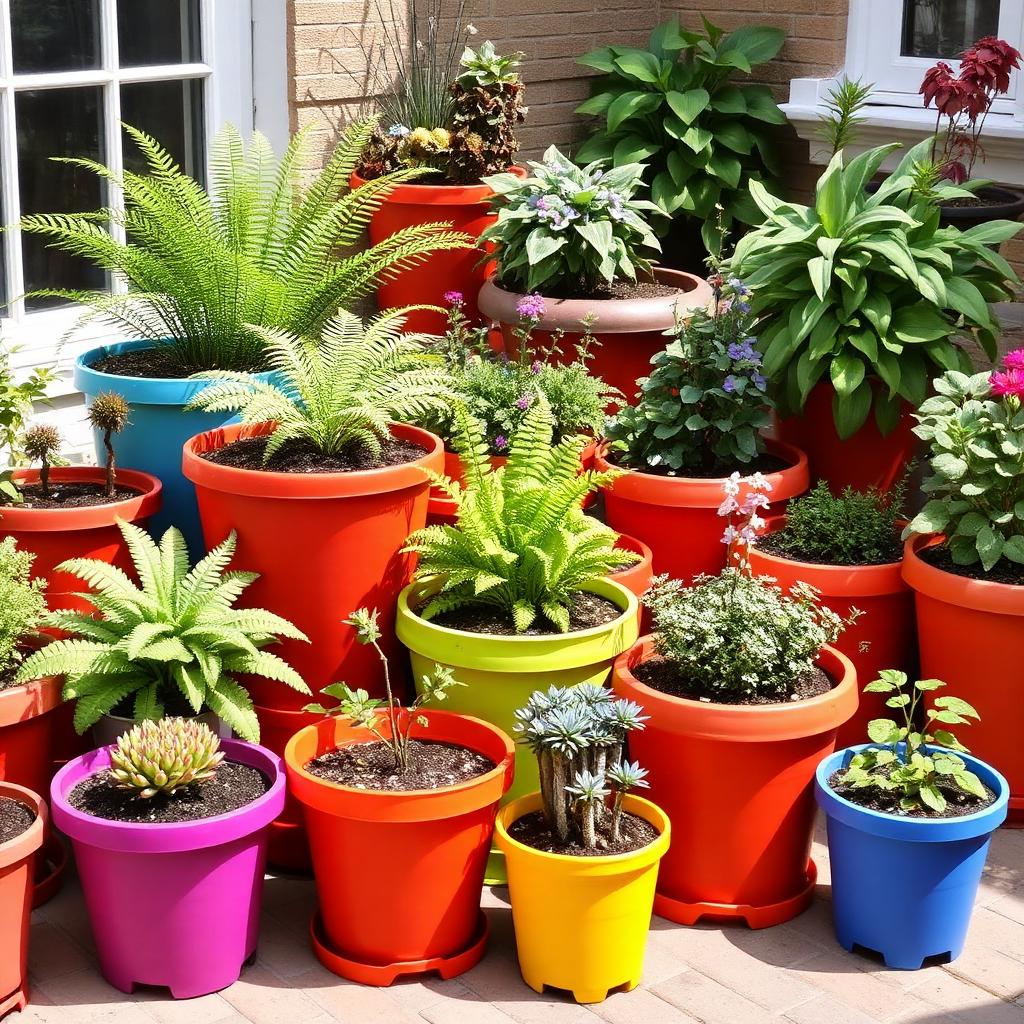
Gardening for Beginners: Essential Tips and Best Practices
"Embark on your gardening journey with our essential tips and best practices tailored for beginners. Learn how to choose the right plants, understand your planting zone, and create a thriving garden in any space."
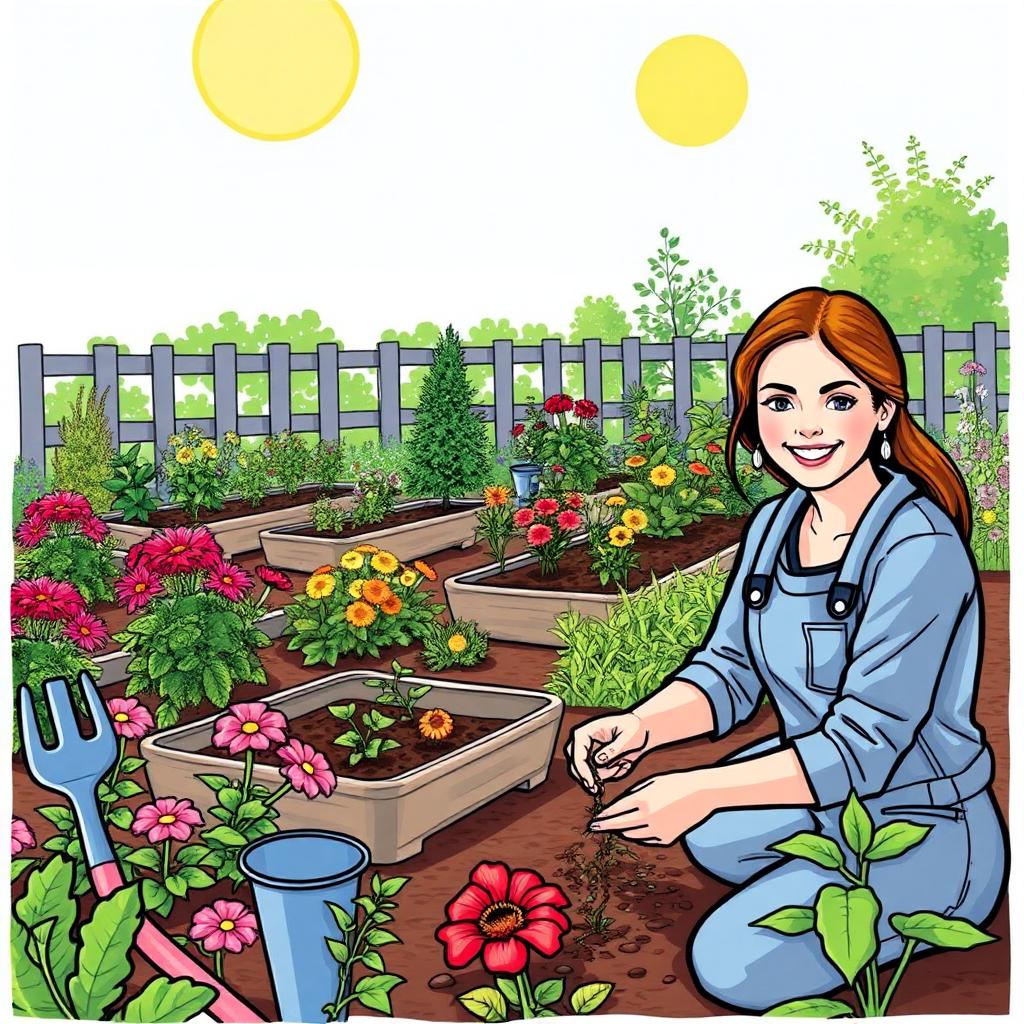
Embarking on a gardening journey can be both exciting and daunting, especially for beginners. With a little knowledge, patience, and practice, anyone can cultivate a thriving garden. Whether you have a spacious backyard or a small balcony, this guide provides essential tips and best practices to help you get started with gardening.
1. Start with the Right Plants
Choosing the right plants is crucial for your success as a beginner gardener. Begin with easy-to-grow plants that can thrive in your local climate and are forgiving of beginner mistakes. Some great options include:
· Herbs: Basil, mint, and rosemary are simple to grow and can add flavour to your meals.
· Flowers: Marigolds, sunflowers, and zinnias are vibrant and low-maintenance.
· Vegetables: Radishes, lettuce, and tomatoes are excellent choices for novice gardeners.
2. Know Your Planting Zone
Understanding your gardening zone is essential for selecting appropriate plants. Research your hardiness zone to determine what plants will thrive in your area based on climate and temperature. This information will guide you in choosing plants that are better suited to your environment.
3. Choose the Right Location
The location of your garden will greatly affect your plants’ growth. Most vegetables and flowers require at least six hours of sunlight each day. Select a spot in your yard or on your balcony that receives adequate sunlight. Additionally, consider access to water and protection from strong winds.
4. Invest in Quality Soil
Soil quality is fundamental to a successful garden. Opt for good-quality potting mix or garden soil that is rich in organic matter. You can also enhance your soil by adding compost, which nourishes your plants and improves soil structure. Remember to check the pH level of your soil, as certain plants prefer specific levels of acidity or alkalinity.
5. Water Wisely
Proper watering techniques are essential for maintaining healthy plants. Water your garden early in the morning or late in the afternoon to minimize evaporation. Here are some tips:
· Consistency is Key: Water deeply and consistently, allowing the soil to dry slightly between watering.
· Check
Soil Moisture: Stick your finger into the soil about an inch deep. If it
feels dry, it’s time to water.
Avoid Overwatering: Overwatering can lead to root rot. It’s better to underwater than overwater when you’re starting out.
6. Mulch Your Garden
Applying mulch around your plants helps retain moisture, suppress weeds, and regulate soil temperature. Organic mulches, like wood chips or straw, break down over time and also enrich the soil as they decompose. Ensure that the mulch is not too thick, as this can create issues with moisture retention.
7. Observe and Learn from Your Garden
Spend time in your garden observing how plants grow and interact with their environment. Pay attention to signs of pests or diseases, and familiarize yourself with common garden issues. Regular observation allows you to catch problems early and act accordingly.
8. Practice Patience and Perseverance
Gardening is a learning experience, and it’s important to practice patience. Not every plant will thrive, and that’s okay! Learn from your mistakes and celebrate your successes, no matter how small. With time and experience, you will become more skilled.
9. Consider Container Gardening
If space is limited, consider container gardening. This approach allows you to grow various plants in pots or containers, making it ideal for balconies, patios, or small yards. Ensure the containers have drainage holes and use quality potting mix for best results.
10. Join a Gardening Community
Engaging with fellow gardeners can be incredibly beneficial. Join local gardening clubs, participate in online forums, or attend workshops to learn and share experiences. Connecting with experienced gardeners can provide valuable insights and encouragement
Conclusion
Gardening for beginners can be a rewarding and fulfilling hobby. By following these essential tips and best practices, you can create a thriving garden. Remember that gardening is a journey, and each step you take brings you closer to cultivating your own green paradise.At Gardens Need Pvt Ltd, we offer a wide range of gardening supplies and resources to help you succeed in your gardening journey. Explore our collection today and get started on growing your dream garden!
